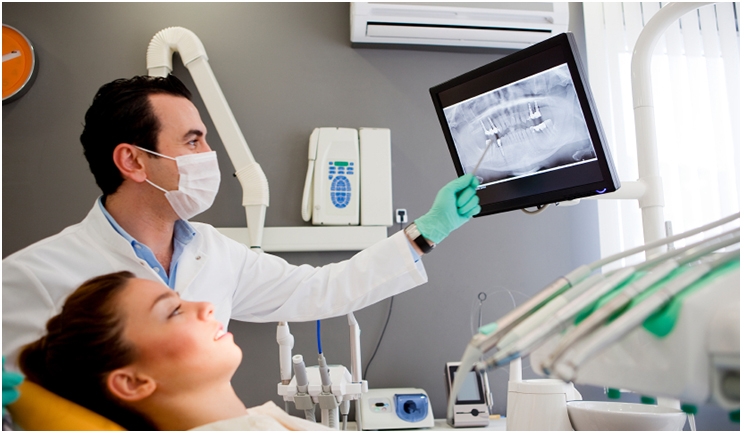If you are thinking of buying a dental practice for sale you really need to read this article. First of all, the location of the practice is a crucial consideration. Again, choosing a neighborhood with low competition and good amenities is best.
It is essential to consult with a dental practice valuation professional to determine the value of the dental practice for sale, the patient base, equipment, and real estate (if applicable). A knowledgeable valuator can help you avoid making costly mistakes.
How long has the practice been on the market?
Getting a dental practice off the ground takes time, so knowing how long a practice has been on the market is essential. This information will help you determine how much the practice is worth and whether it’s a good investment for your money.
It’s also a good idea to consult someone specializing in practice transitions. They can advise you on the most efficient and cost-effective way to purchase a dental practice.
What is the asking price?
There are many details to consider when negotiating a dental practice purchase. Aside from the financial offer, property, equipment, and staff considerations must be dealt with as transition details.
It is crucial to get help from professionals, including dental brokers, companies selling dental supplies, accountants specializing in healthcare, and small business banking experts. These professionals may know of dentists approaching retirement age or be willing to add an associate interested in purchasing their practices.
Why is the seller selling?
If you are selling your practice, it is crucial to remember that the value of your dental practice depends on the buyer’s perception of its worth. For example, medical practices that generate the same revenues may sell for far less than a dental practice with identical overhead and location.
You should have organized records showing past performance to make your practice more attractive to buyers. Your accountant can also help you maximize different aspects of the sale, including tax deductions.
What are the financials?
A practice valuation expert can help you identify critical assets in the business, such as equipment, real estate, inventory, and accounts receivable. They will also review tax returns, looking for a lot of weird stuff that is easy to miss, like big equipment purchases, family members on the payroll, and pending lawsuits.
Purchasing an established dental practice can appear cheaper than starting your own, but net income will be lower due to loan repayments and patient attrition. Therefore, obtaining a list of all significant assets and liabilities is best.
What is the lease agreement?
If you don’t want to be stuck with a dental practice you can’t sell, ensure the lease agreement includes transferable renewal options. In addition, it would help if you had a skilled dentist review the lease for any onerous provisions like recapture clauses that could deter buyers.
In addition to negotiating the purchase price, you’ll need to prepare your closing documents. This includes completing required tax-related items, such as applying for your new tax ID number and opening business accounts.
What is the patient base?
Patients are a crucial part of any dental practice. But gaining a solid patient base takes time and effort. Most general practices get most of their new patients through word of mouth, friends, and family referrals. However, some dental practices need a more robust marketing strategy to combat attrition.
Some practices focus solely on fee-for-service patients, while others balance insurance plans and fee-for-service patients. Therefore, it is crucial to determine which type of patient the practice you are interested in attracts and how many active charts they currently have.
What is the staff like?
When selling a dental practice, having well-trained and competent staff is vital. This can be a huge selling point for potential buyers.
Having organized financial records is also essential. Buyers and lenders will want to see tax returns, profit and loss statements, and other reports.
A professional broker can help you determine the value of a practice, find a dentist who is willing to buy it, and negotiate all the details. They can also advise you on preparing for a sale and transition.
What is the equipment like?
An excellent dental practice should have high-quality equipment. Various options are available on the market, so finding the best equipment for your needs and budget is crucial. Check out the reviews of different equipment manufacturers and suppliers before purchasing.
Getting help from professionals such as practice brokers, dental supply companies, accounting specialists, and small business bankers is also a good idea. These experts can help you determine if the price offered by the seller accurately reflects the practice’s value.
What is the practice like?
Contact practice brokers, dental supply companies, healthcare-focused accountants, and small business banking experts. They may know dentists who are close to retiring or are open to adding an associate to sell their practice.
Once you find a practice, a valuation professional can help determine what the business is worth. This involves reviewing the financial statements and comparing them to national benchmarks. This will ensure that the seller’s asking price reflects the value of the practice.


